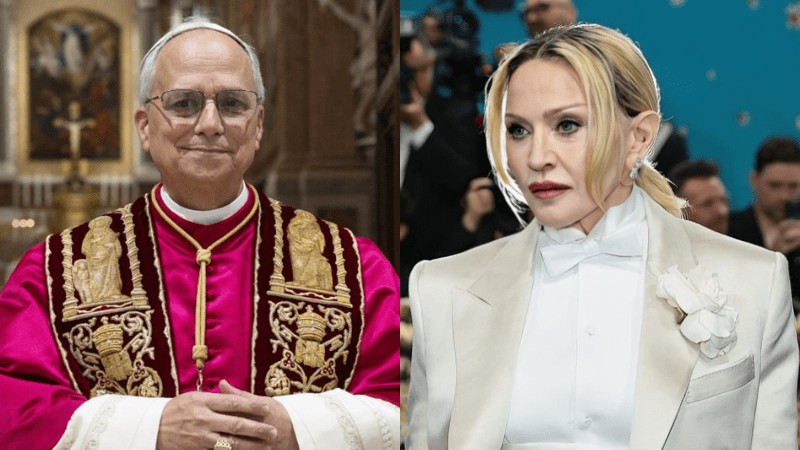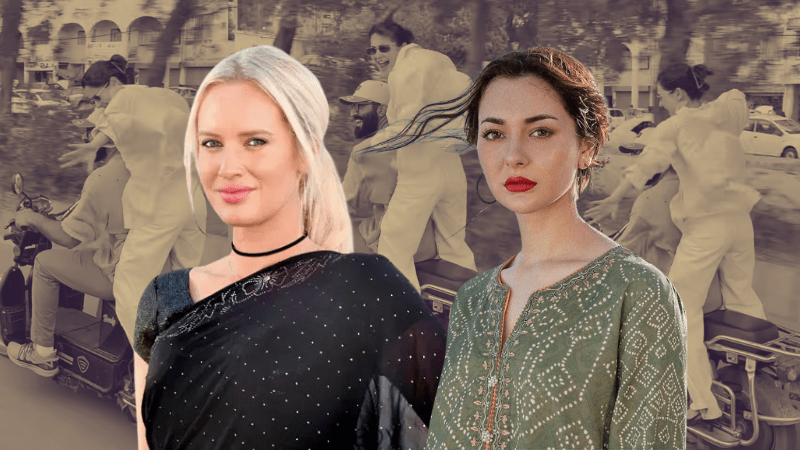‘We need to have thick skin’: Asim Azhar on surviving the spotlight
In a world where celebrity culture is consumed at the speed of a scroll, conversations about boundaries have become more urgent than ever before as public figures find it increasingly difficult to preserve a sense of personal space.
Pakistani pop sensation Asim Azhar recently weighed in on the subject in an interview with Connect Cine’s Faridoon Shahryar, where he was asked about the rampant intrusion into celebrities’ private lives and how public figures ought to navigate such situations.
While the specific incident prompting the question wasn’t divulged, Shahryar referred to a video making rounds online that exposed the private life of a well-known personality. Azhar acknowledged the unfairness of it all but also called on celebrities to accept the nature of the limelight they voluntarily step into.
“Even when you’re not a public figure, even if you pass a remark about your friends’ personal lives, they will not receive it well,” Azhar began. “But while it is unfair, if you are stepping into the role of a public figure, you are signing up for this,” he said.
This acknowledgement — that scrutiny is the price of fame — is not new. But it’s what the singer said next that could be up for debate: “We have to have thick skin to survive in this spotlight, otherwise, you can’t make it. You will be doing an injustice to yourself and your mental health.”
Azhar went on to reflect on his own journey, referencing a time when online bullying was so persistent that it defined how people perceived him. “It became a trend to bully me and hate on me,” he shared, recalling the criticism he faced over his voice in his early teens. “They would say I sound like a girl and it affected me a lot.”
But the lesson Azhar drew from that experience was one of intentional detachment and strong boundaries. “Whatever is off-limits for me, I don’t even exist in that room. I know it will not be taken well, but in 2025, if you’re getting hurt, then it’s your fault. You should have your guard up, you should know your limit.”
A pattern of invasion
Azhar’s comments are particularly timely, given the growing number of incidents in Pakistan and India where celebrities have had their private moments recorded, dissected and even shamed.
One of the most notorious examples remains the Mahira Khan–Ranbir Kapoor 2017 smoking incident. Photos of the two actors having a cigarette in New York City were published without their consent, leading to public outrage, with Mahira bearing the brunt of it. It was a moment that highlighted not just surveillance culture, but the gendered lens through which such leaks are often viewed.
Closer to home, Alizeh Shah faced a barrage of criticism when a video of her smoking in her car was leaked online. The backlash quickly shifted from health concerns to morality policing. Similarly, Aiman Khan and Muneeb Butt’s children were secretly filmed on a plane — a deeply unsettling violation, considering the children’s age and right to privacy.
More recently, Atif Aslam was filmed offering namaz in a public space. While many lauded his devotion, others dissected the video, creating a moral debate where none was warranted.
These incidents raise a broader issue — when celebrities are in public spaces but not in the capacity of a celebrity (eg, eating at a café, travelling, attending religious events), does that give anyone the right to film them without their consent?
It’s a grey area that fans and media alike must reflect on. In India, Bollywood stars like Anushka Sharma and Virat Kohli have repeatedly spoken out against paparazzi and fans violating their privacy — with videos surfacing even from their apartment building.
The cost of fame
Azhar’s words remind us that celebrities are not immune to pain or vulnerability. While they may have chosen a public life, they have not chosen to be reduced to content.
At the same time, his call for self-regulation within the celebrity community, to build emotional armour and learn the art of filtering, is equally important. His stance isn’t about apathy or denial but survival in an ecosystem where private and public lives constantly collide.















Comments